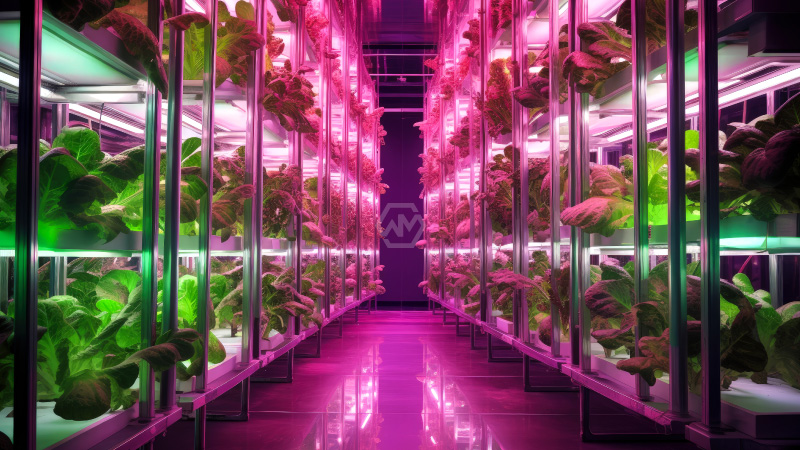- Jones Food Company ceases production and enters administration, with 61 staff made redundant.
- The business operated two high-tech vertical farms and an innovation centre.
- RSM UK is managing asset sales and seeking interested buyers.
Jones Food Company, a major player in the UK’s vertical farming scene, has entered administration after ceasing operations. The business, known for its fully automated, hydroponic farms, aimed to revolutionize food production with minimal environmental impact.
The company’s administrators at RSM UK are currently seeking buyers for its assets, including two advanced farming facilities and an innovation hub. While 61 employees have been laid off, a core team of 11 remains to support the transition process.
Vertical Farming Faces Reality Check as Jones Food Company Shuts Down
Founded in 2017, Jones Food Company was among the early adopters of large-scale vertical farming in the UK. It operated facilities in Lincolnshire and Gloucestershire and had positioned itself as a sustainable alternative to traditional agriculture. By using renewable electricity and 90% less water, the company promised a greener path for food production.
Despite its innovation, the firm faced challenges in scaling profitably. Vertical farming, though environmentally efficient, demands high capital investment and energy costs, often outpacing revenue in early growth stages. These economics, along with a tough investment climate, contributed to the company’s downfall.
The company had supplied herbs and leafy greens to UK retailers through its private label lines and brands like Homegrown and Leaf. It once claimed the ability to deliver 3,000kg of fresh herbs weekly with 100 times the yield of conventional farming per square meter. However, these gains didn’t translate into financial sustainability.
RSM UK’s administrator, Damian Webb, said the business had a strong foundation and skilled workforce. He expressed optimism about a potential buyer taking the business forward. However, the industry as a whole is under scrutiny as vertical farming ventures worldwide struggle to prove profitability despite promising technology.
Jones Food Company’s collapse serves as a cautionary tale of how innovation alone isn’t enough in agri-tech. Scalability and sustainable business models remain essential.
“Innovation distinguishes between a leader and a follower.” – Steve Jobs



